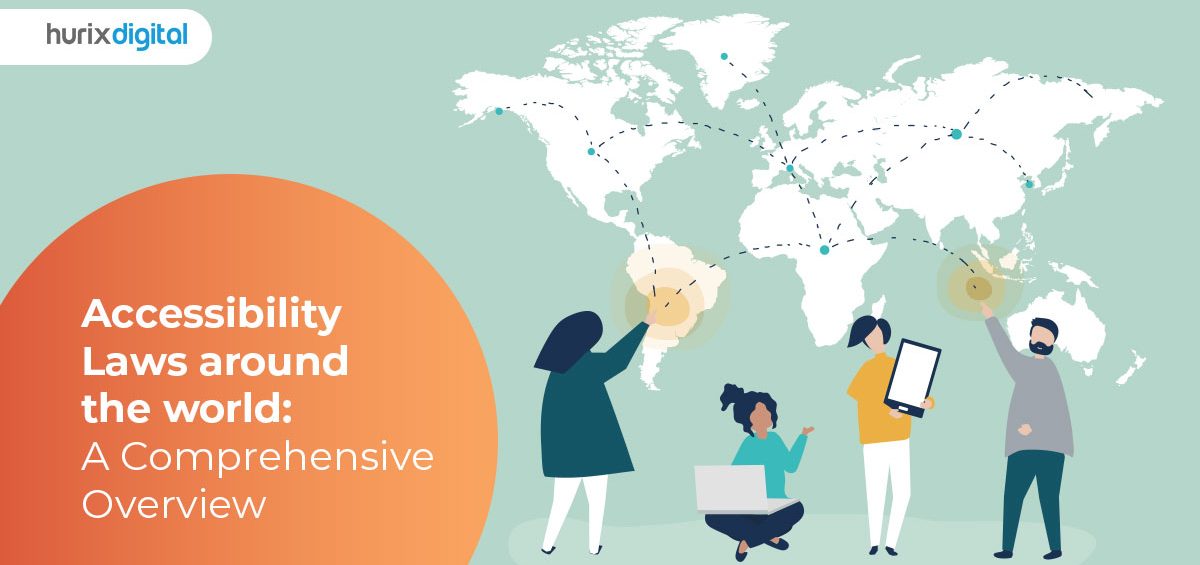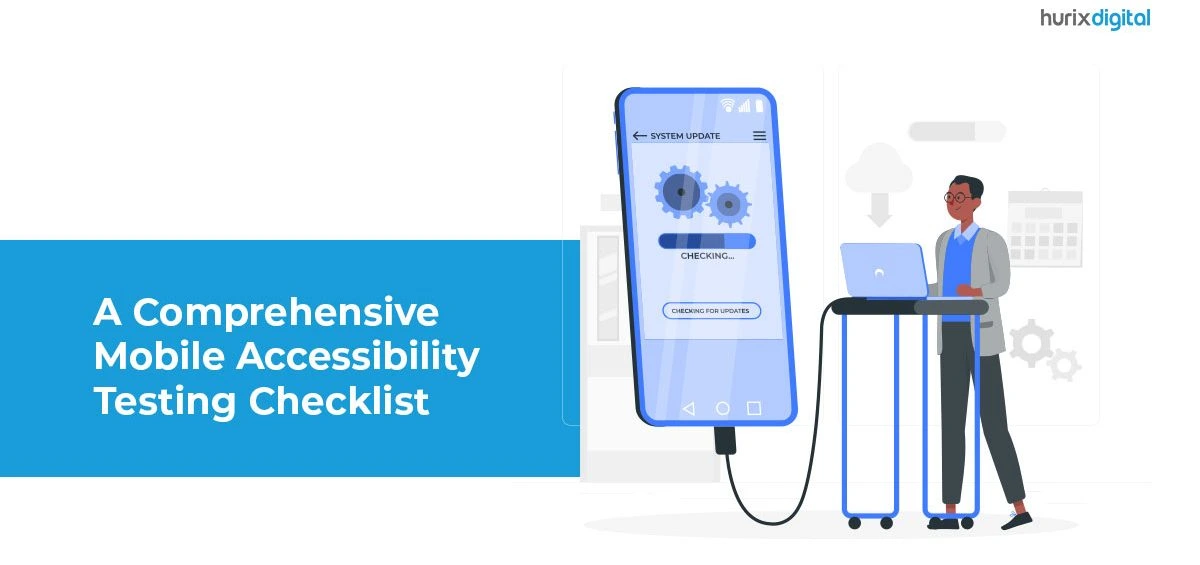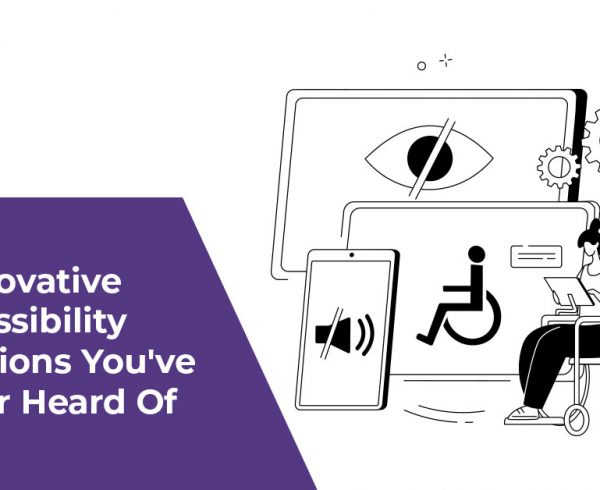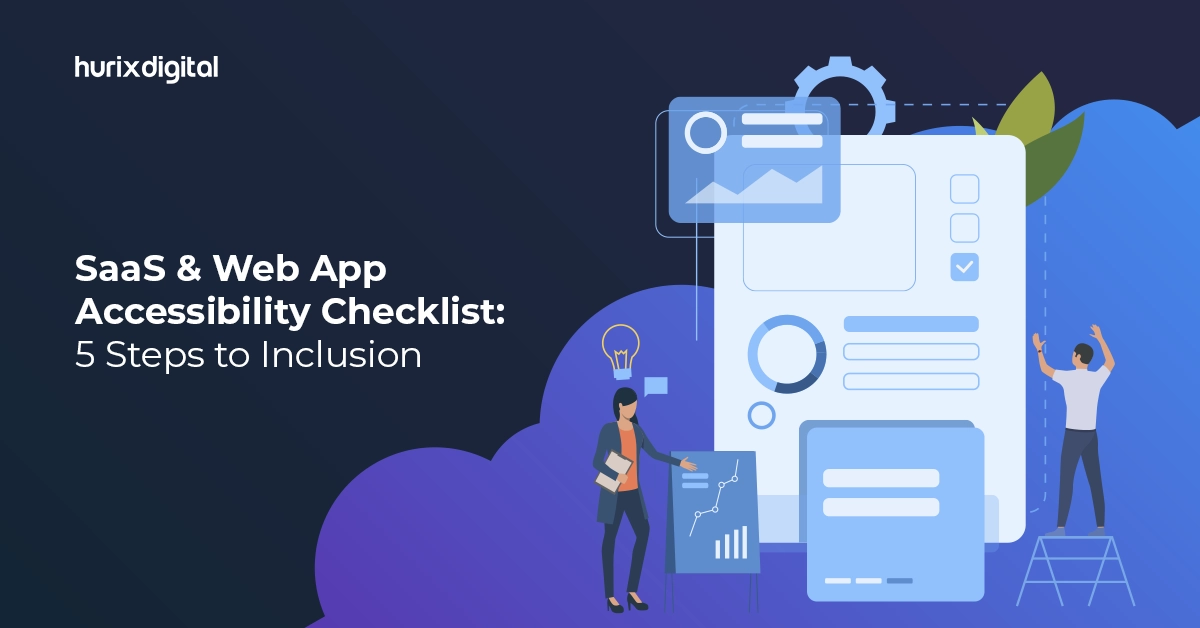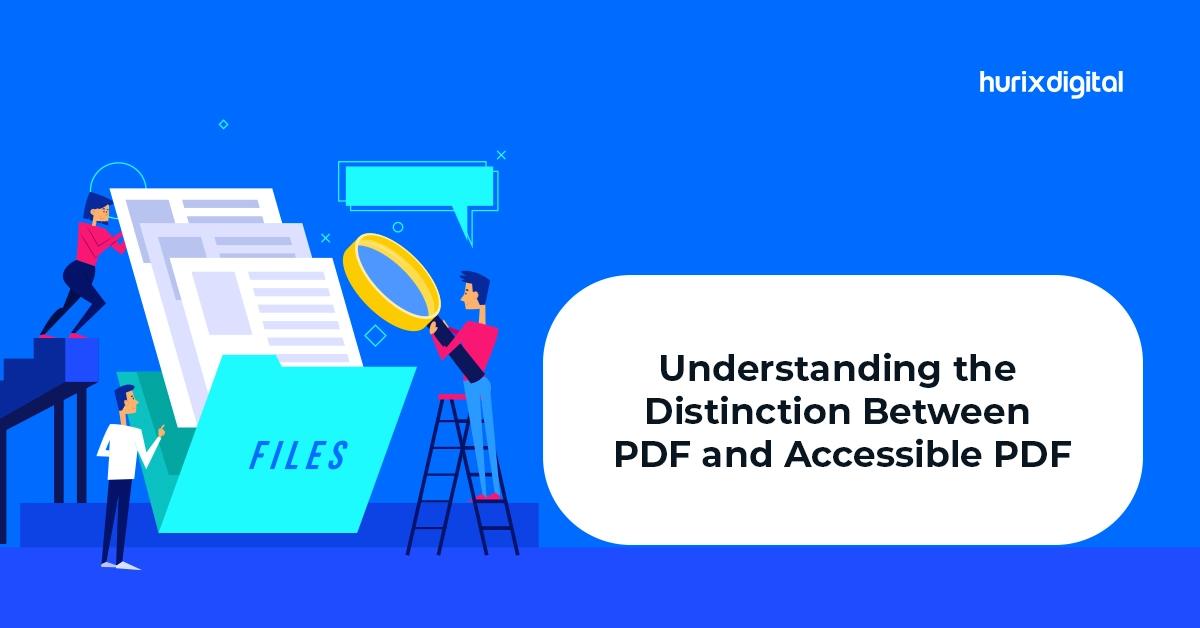The Americans with Disabilities Act (ADA) became law in 1990. The ADA is a civil rights law that prohibits discrimination against individuals with disabilities in all areas of public life, including jobs, schools, transportation, and all public and private places that are open to the general public. The purpose of the law is to make sure that people with disabilities have the same rights and opportunities as everyone else. The ADA gives civil rights protections to individuals with disabilities similar to those provided to individuals on the basis of race, color, sex, national origin, age, and religion. It guarantees equal opportunity for individuals with disabilities in public accommodations, employment, transportation, state and local government services, and telecommunications. The ADA is divided into five titles (or sections) that relate to different areas of public life.
In 2008, the Americans with Disabilities Act Amendments Act (ADAAA) was signed into law and became effective on January 1, 2009. The ADAAA made a number of significant changes to the definition of “disability.”
The ADA is divided into five titles, each of which covers a different area of public life:
- Title I (Employment) – Equal Employment Opportunity for Individuals with Disabilities
- Title II (State and Local Government) – Nondiscrimination on the Basis of Disability in State and Local Government Services
- Title III (Public Accommodations) – Nondiscrimination on the Basis of Disability by Public Accommodations and in Commercial Facilities
- Title IV (Telecommunications)
- Title V (Miscellaneous Provisions)
Section 508:
Section 508 refers to a federal law in the United States (WCAG 508 compliance) that requires federal agencies to make their electronic and information technology (EIT) accessible to people with disabilities. The law was enacted in 1998 as an amendment to the Rehabilitation Act of 1973.
Under Section 508, federal agencies must ensure that their EIT is accessible to individuals with disabilities, including employees and members of the public. This includes websites, software applications, electronic documents, multimedia, and other forms of digital content.
The law requires that EIT be designed, developed, and maintained in a way that makes it accessible to people with disabilities, including those with visual, auditory, cognitive, and motor disabilities. The law also sets out technical standards for accessibility, known as the Section 508 Standards, which are based on WCAG compliance standards developed by the World Wide Web Consortium (W3C).
In addition to federal agencies, many state and local government agencies, as well as private organizations that receive federal funding, are also required to comply with Section 508. Failure to comply with Section 508 can result in legal action and penalties.
Overall, Section 508 is an important law that helps to ensure that people with disabilities have equal access to digital information and services provided by the federal government.
Disability Discrimination Act :
The Disability Discrimination Act (DDA) is a law in the United Kingdom that aims to protect people with disabilities from discrimination in various areas of life. The law was first introduced in 1995 and was later replaced by the Equality Act 2010, which continues to protect people with disabilities from discrimination.
The DDA covers a wide range of areas, including employment, education, access to goods and services, and housing. The law requires employers, service providers, and others to make “reasonable adjustments” to accommodate the needs of people with disabilities, so that they are not at a disadvantage compared to people without disabilities.
For example, a reasonable adjustment for a person with a visual impairment might be providing materials in an alternative format, such as audio or large print. A reasonable adjustment for a person with a mobility impairment might be providing ramps or other accessible features in a building.
The DDA also covers issues related to harassment and victimization of people with disabilities, and prohibits discrimination based on association with a person with a disability.
Overall, the Disability Discrimination Act (DDA) and its successor, the Equality Act 2010, are important laws that help to protect the rights of people with disabilities in the United Kingdom and ensure that they are not excluded or disadvantaged in various areas of life.
The Equality Act 2010:
The Equality Act 2010 is a law in the United Kingdom that consolidates and strengthens previous laws against discrimination based on various characteristics, including age, disability, gender reassignment, marriage and civil partnership, pregnancy and maternity, race, religion or belief, sex, and sexual orientation.
The law applies to a wide range of areas, including employment, education, access to goods and services, and housing. It requires employers, service providers, and others to make reasonable adjustments to accommodate the needs of people with disabilities, and prohibits discrimination based on the other protected characteristics.
The Equality Act 2010 defines several forms of discrimination, including direct discrimination, indirect discrimination, harassment, victimization, and discrimination arising from disability. The law also provides for positive action, which allows employers and service providers to take steps to address under-representation or disadvantage faced by people with certain protected characteristics.
Overall, the Equality Act 2010 is an important law that helps to protect the rights of people in the United Kingdom and ensure that they are not excluded or disadvantaged based on their characteristics. The law has played a significant role in promoting equality and diversity in the UK, and continues to be an important tool for combating discrimination and promoting social justice.
The European Accessibility Act (EAA):
The European Accessibility Act (EAA) is a law that was adopted by the European Union (EU) in 2019 with the aim of improving accessibility of products and services for people with disabilities. The EAA sets out a range of accessibility requirements that certain products and services must meet to measure digital accessibility compliance.
The products and services covered by the EAA include:
- Computers and operating systems
- ATMs and banking services
- E-commerce websites and mobile applications
- Telephony services and related equipment
- Audio-visual media services and related equipment
- Electronic book readers and related services
- Transportation services
EN 301 549:
EN 301 549 is a European standard that was developed to establish accessibility requirements for information and communication technology (ICT) products and services. It was published by the European Telecommunications Standards Institute (ETSI) in 2014 and is based on the Web Content Accessibility Guidelines (WCAG) 2.0, which were developed by the World Wide Web Consortium (W3C).
The standard applies to a wide range of ICT products and services, including websites, software applications, telecommunications equipment, and digital content. It is used by governments, public sector organizations, and private sector companies across Europe to ensure that their ICT products and services are accessible to all users, including those with disabilities.
EN 301 549 is a European standard, so it applies to countries within the European Union (EU) and European Economic Area (EEA), as well as countries that have adopted the standard as part of their national laws.
The countries within the EU and EEA that are subject to EN 301 549 include:
The EU countries are Austria, Belgium, Bulgaria, Croatia, Republic of Cyprus, Czech Republic, Denmark, Estonia, Finland, France, Germany, Greece, Hungary, Ireland, Italy, Latvia, Lithuania, Luxembourg, Malta, Netherlands, Poland, Portugal, Romania, Slovakia, Slovenia, Spain and Sweden.
In addition to these countries, other countries outside of Europe have also adopted EN 301 549 as part of their national laws, including Canada and Australia.
JIS X8341-3:
JIS X8341-3 is a Japanese Industrial Standard that provides guidelines for web content accessibility. The standard was developed by the Japanese Standards Association (JSA) and is based on the Web Content Accessibility Guidelines (WCAG) 2.0, which were developed by the World Wide Web Consortium (W3C).
JIS X8341-3 applies to a wide range of web content, including websites, web applications, and electronic documents. It is used by businesses, government agencies, and other organizations in Japan to ensure that their web content is accessible to all users, including those with disabilities.
The Accessibility for Ontarians with Disabilities Act (AODA) :
The Accessibility for Ontarians with Disabilities Act (AODA) is a law in the Canadian province of Ontario that aims to improve accessibility for people with disabilities. The law was passed in 2005 and has since been amended and expanded.
The AODA sets out a range of accessibility solutions and requirements that organizations in Ontario must meet to be considered compliant, including requirements related to:
The AODA applies to all organizations in Ontario with one or more employees, including private sector businesses, non-profit organizations, and public sector organizations. The law is being phased in over time, with different requirements coming into effect at different times depending on the size and type of organization.


